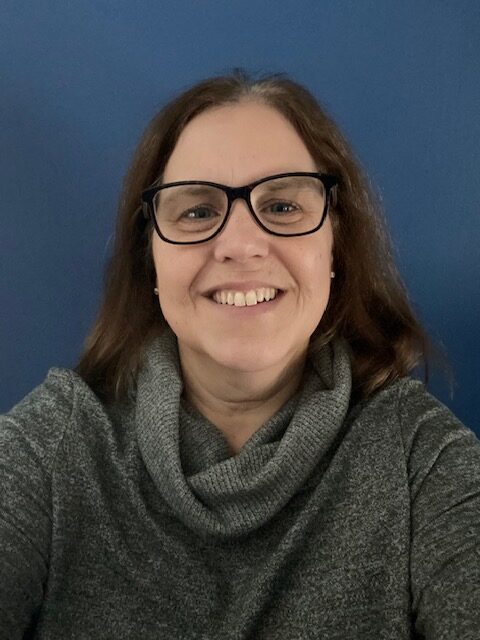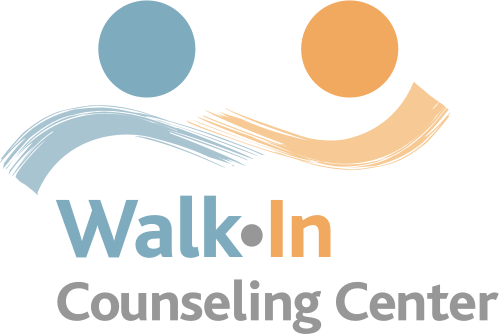Libby J. loves to counsel couples and families, and she loves to use her Spanish. At Walk-In, she does both as a volunteer counselor providing free, no-appointment mental health care to those who need it but have trouble finding it.
A six-year veteran at Walk-In, Libby has a deep commitment to Latino families that was forged by life experience.
Having met her husband, who is from Chile, in college during the 1980s, Libby began her Spanish learning as an adult. She has taken classes for many years and now has a tutoring session once a week to maintain her language skills. “It’s a commitment,” Libby says, “and it’s worth it.”
Libby began working with Latino families in a public school setting, where she helped families with special-needs children with early intervention services. “I had a good sense of what they were going through. The kinship was powerful,” she recalls, and it is strengthened by her own experience with special-needs children.
Libby and her husband’s first son began to suffer seizures when he was a baby, leaving him with the cognitive function of a one-year-old as well as severe physical disabilities. Now 34 years old, he has been living in a group home since he was 8. Their second son, 28, has Duchenne Muscular Dystrophy and is more physically disabled than his brother, but his experience has differed greatly from his brother’s. A college graduate, the younger son speaks three languages.
Libby has continued her commitment to Spanish learning over decades, with constant adaptation. During the pandemic it has been difficult to practice Spanish in person, so she has set up a weekly on-line tutoring session for herself. When she conducts counseling in Spanish, she says humility is key. “I’m not the expert in the Spanish language, or in the person’s culture of origin. But I am an expert in the culture here, and in what the immigrant families’ kids are experiencing.”
One family she is works with came to the United States from a Spanish-speaking country that was going through political upheaval. Libby began working with the mom, and then the whole family after the 10-year-old child began to have behavior issues during the pandemic. Libby helped them set better boundaries for the child by saying “no” more often and by creating more structure in the child’s life.
“It is so rewarding to see the light bulb come on, when a parent realizes something — like the child benefits from structure,” Libby says. “In this case, the dad was smiling as he realized that he himself has trouble with structure. That awareness made a difference. He began to understand how his preferred ways of doing things may not work for his daughter.”
Sometimes that light bulb comes on when a parent realizes “a child is not just a mini adult,” Libby notes. “It is an important service to help parents better understand child development.”
During the pandemic, when Walk-In switched from in-person to remote-only services, Libby has seen some benefits in the new format. “In some ways it is more private. You don’t have to drive somewhere and show up in person. You can call in, and nobody sees you,” she says.
Regardless of whether counseling is in-person, by phone or on line, “it’s these connections people make, being able to reach out for help, that are solid gold,” Libby says. “They are so valuable.”

